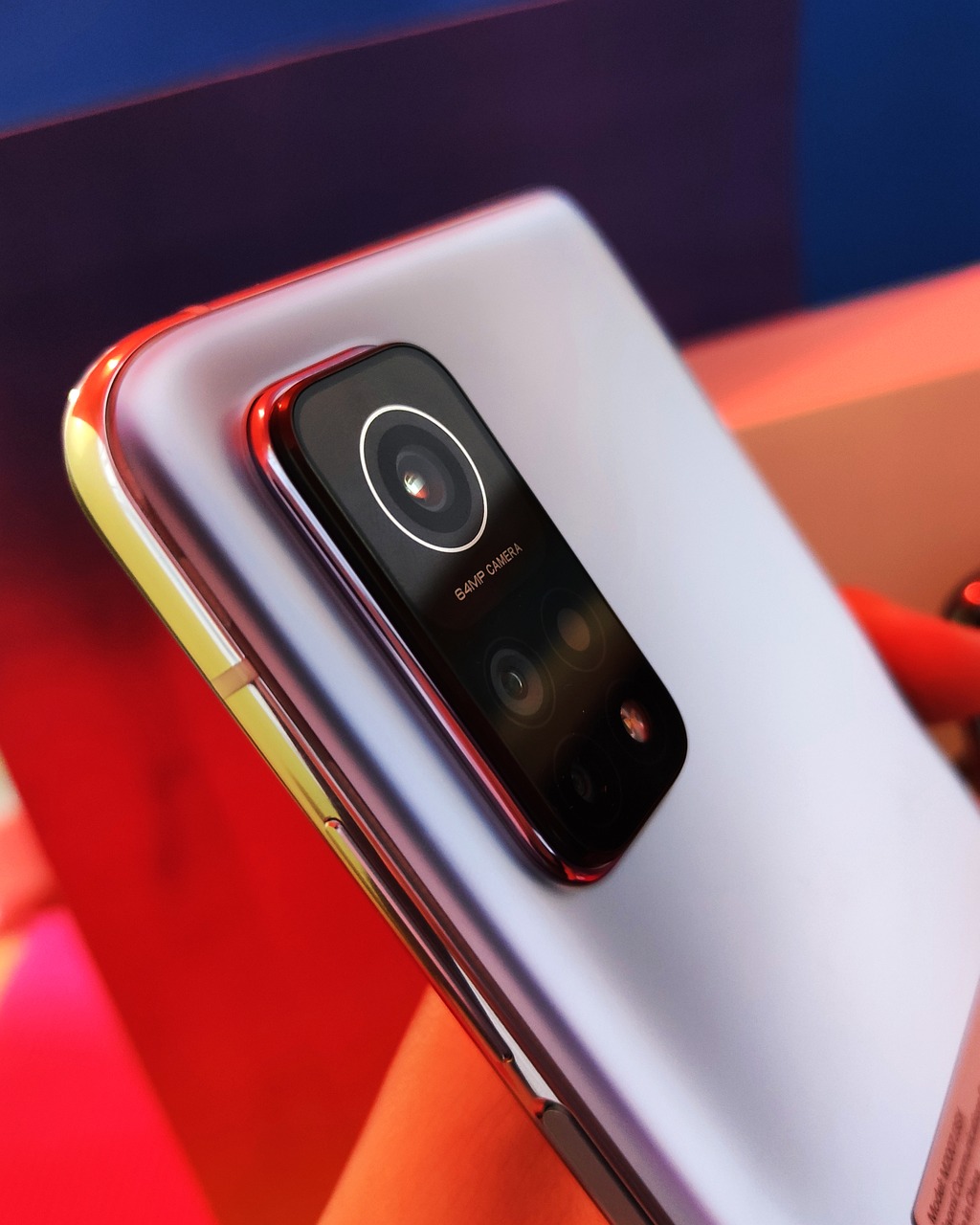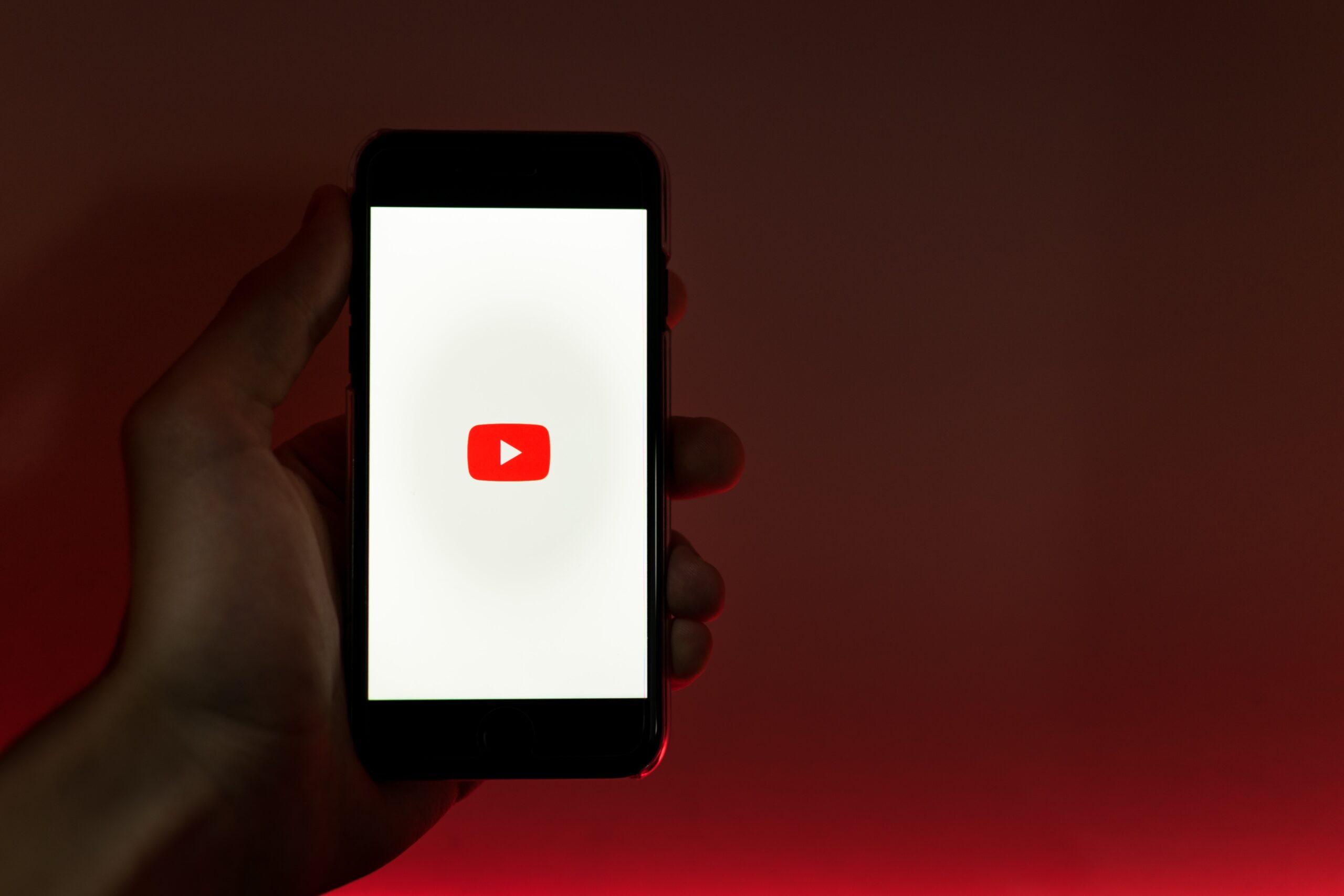In Brazil, the rise of smartphones has brought with it a worrying increase in cases of technology-related anxiety. According to a survey conducted by the Getúlio Vargas Foundation (FGV), Brazil now has more than one smartphone per inhabitant, which indicates a high risk of Nomophobia. The study highlights the importance of public policies to deal with the psychological impacts of this new reality.

Alarming Global Connection and Data
The World Health Organization (WHO) warns of the increase in cases of anxiety worldwide, many of which are linked to the excessive use of mobile devices. A WHO report indicates that around 264 million people suffer from anxiety globally, making it one of the main mental health challenges today.
The anxiety caused by Nomophobia is not limited to just the fear of being without cell phone. It is closely linked to the need to be constantly connected and the fear of missing out on information or social interactions. This behavior can lead to a vicious cycle of constantly checking the device, exacerbating anxiety symptoms.
To combat Nomophobia and related anxiety, psychologists and psychiatrists recommend cognitive behavioral therapies, which help modify thought and behavior patterns. In addition, regular mindfulness and physical activity have been shown to be effective in reducing stress and anxiety.
Read more:
- iPhone Consolidates Its Position as the Leader in Used Cell Phone Sales in 2023
- Pixel 7a: The Most Durable Cellphone of 2023, According to Popular Test
- Protect your device with “Secure Cell Phone”
Promoting Healthy Use of Technology
To prevent Nomophobia, a cultural shift in our relationship with smartphones is essential. Firstly, initiatives such as “digital disconnection” suggest regular periods away from devices, aiming to reduce technological dependence. In addition, these initiatives encourage activities that promote mental well-being, such as reading, practicing meditation or simply spending time with friends and family.
On the other hand, addressing the effects of Nomophobia on mental health is not an isolated task; it requires a collaborative approach. First, individuals must recognize and seek ways to address their dependence on mobile phones. In addition, communities and governments must work together to develop strategies and policies to combat this phenomenon. By addressing this emerging issue with a collective effort, we are moving towards a more conscious and mentally balanced society.



